Pondering in Zurich . . .
April 29, 2010 Have you ever been so tired you just don’t feel inspiried? Here I am finally with a real internet connection, and I can’t think of a thing, witty or clever to say, just that I’ve been traveling day-to-day. Venice, to Vienna, to…
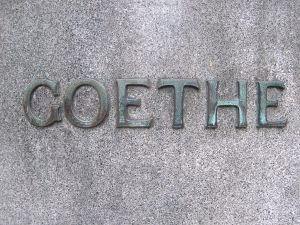
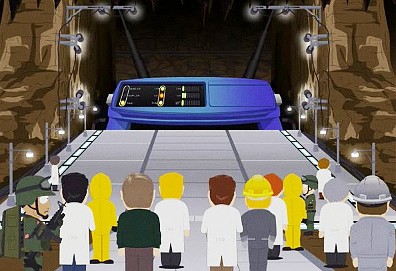
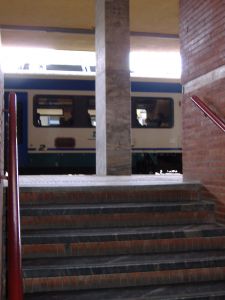
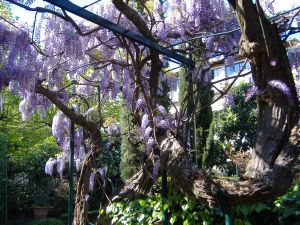
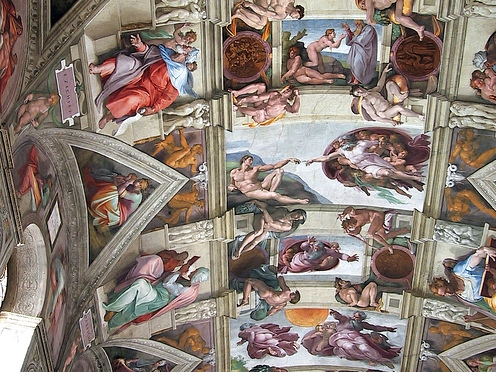
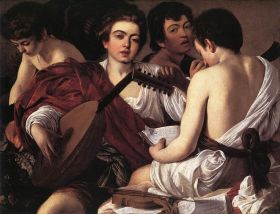
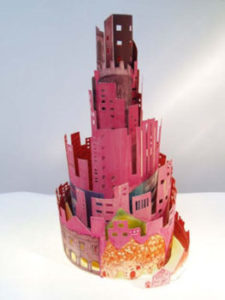
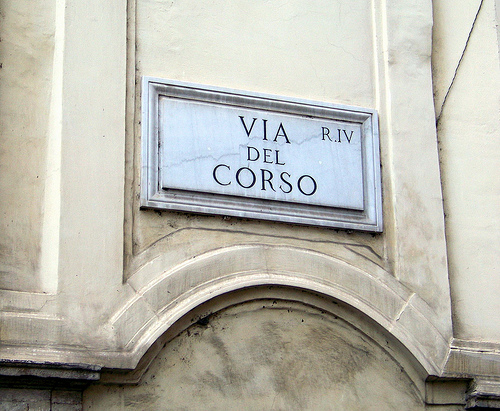

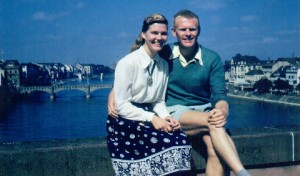 But this was 1951, six years after the end of the Second World War. The Continent was still devastated, and there were no Americans on the road. None except my parents, it seemed.
But this was 1951, six years after the end of the Second World War. The Continent was still devastated, and there were no Americans on the road. None except my parents, it seemed.